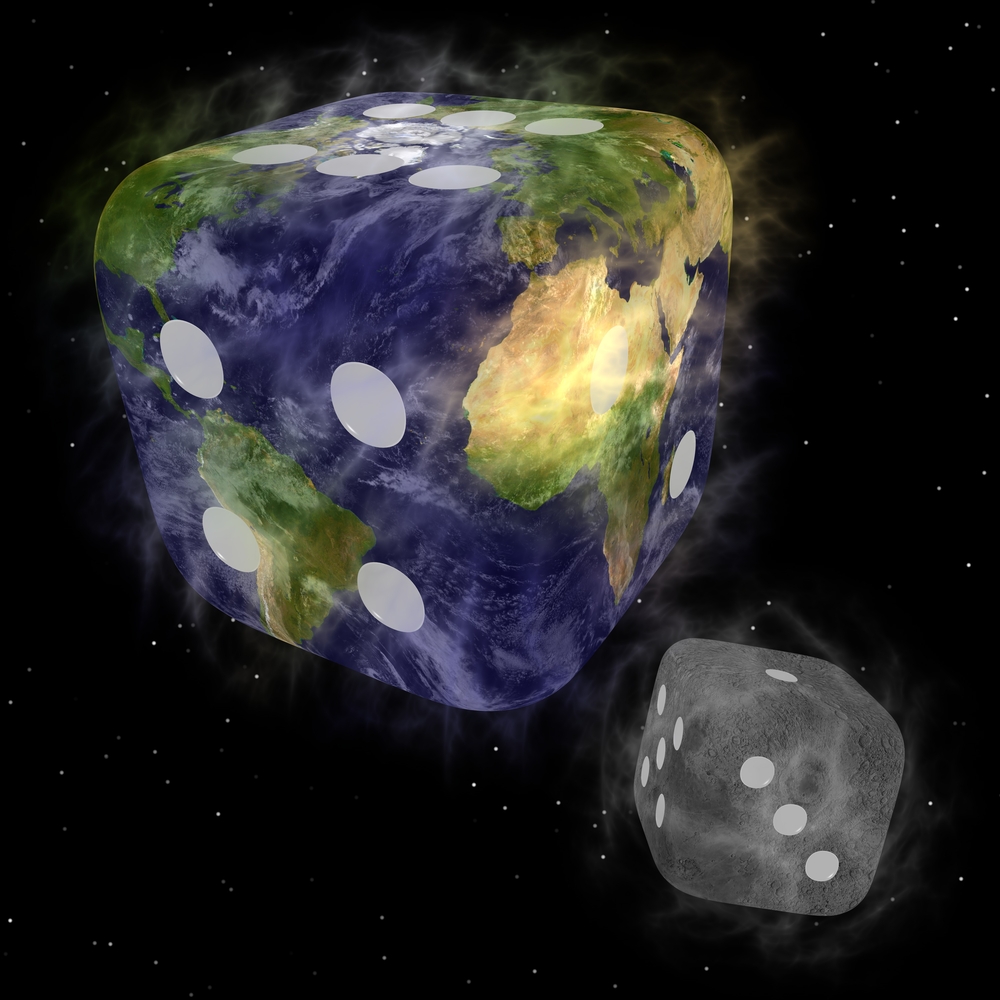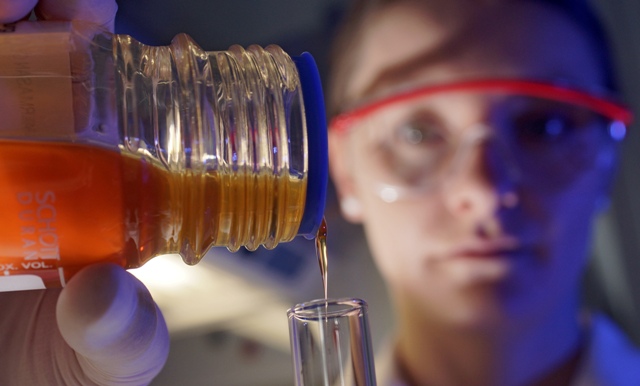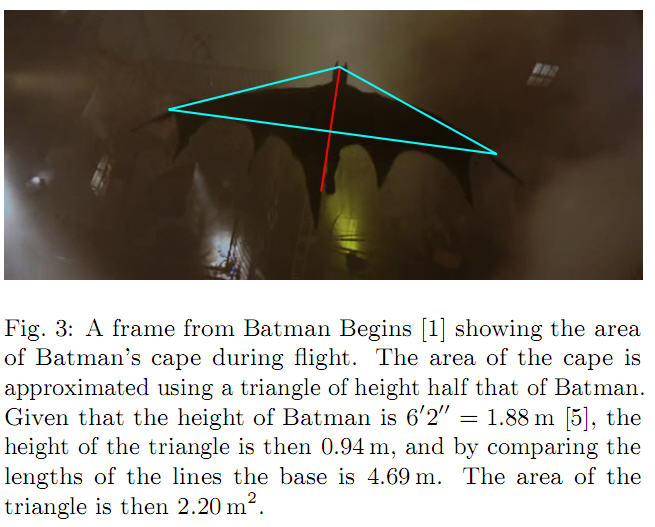A small parasitic crustacean blood feeder that infests certain fish that inhabit the coral reefs of the shallow eastern Caribbean is the absolute perfect species to name for a pleasant Jamaican stoner - and so it came to pass. The little critter has been designated Gnathia marleyi.
Want to get into a bar fight at a physics conference? Argue that quantum mechanics is the best way to predict outcomes. Or argue the opposite.
A new paper argues that quantum mechanics is close to optimal in terms of its predictive power but even if all the information is available, the outcomes of certain quantum mechanics experiments generally can't be predicted perfectly beforehand. Optimal but unpredictable? The best but often not good enough? Quantum mechanics is a confusing dichotomy, basically the LeBron James of the physics world.
The best stuff is found in Scotland.
And by 'best' I mean weirdest, like haggis, caber-tossing and 3,000-year-old mummies that turn out to be Frankenstein monsters.
Well, at least we know the ancient Celts weren't anti-science. I mean, they created a Frankenstein monster and they figured out that high-acid, low-oxygen peat bogs are the perfect way to insure that future generations could enjoy their abominations of nature. That's pro-science.
Are we on the road to uploading our brains to computers and living forever?
Singularity proponents require a two-pronged approach to believing so; wildly overstating the technology curve of what future computers and programmers will accomplish and wildly understating the complexity of the human brain. If you believe strongly enough, the future looks bright for an eternal...future.
Science 2.0 fave Dr. Neil deGrasse Tyson recently sent a funny thing
across his Twitter feed:
Q: What do you call Alternative Medicine that survives double-blind laboratory tests?
A: Regular Medicine.
And that's the crux of the issue, isn't it? There's no Big Pharm conspiracy against homeopathy, for example. What multi-national conglomerate wouldn't love to slosh some magic water in a bottle and sell it for 10 bucks or more? It just doesn't work.
If you watched the new "Star Trek" reboot, you had to chuckle when two heroes were plummeting toward terra firma at terminal velocity and were beamed aboard the Enterprise in the nick of time, suffering barely a bump. And that business about hiding behind Titan...okay, maybe that could work.
But that was science fiction, it gets a free pass. Superhero movies, though, had better get it right.
In "Batman Begins", Batman's cape solidifies when a current is passed through it, and it enables him to glide from tall buildings, but that would simply make a big splat, say physicists from the University of Leicester whose paper's press release made it to my inbox just in the nick of time.(1)
 Marijuana For ADHD?
Marijuana For ADHD? Rutgers Study - Forcing DEI Programs On People Increases Hostility
Rutgers Study - Forcing DEI Programs On People Increases Hostility Minnesota Trial Lawyers Want To Ban Neonics - Here Is Why That Is A Mistake
Minnesota Trial Lawyers Want To Ban Neonics - Here Is Why That Is A Mistake The Toxic Masculinity Of Disney Movies
The Toxic Masculinity Of Disney Movies








